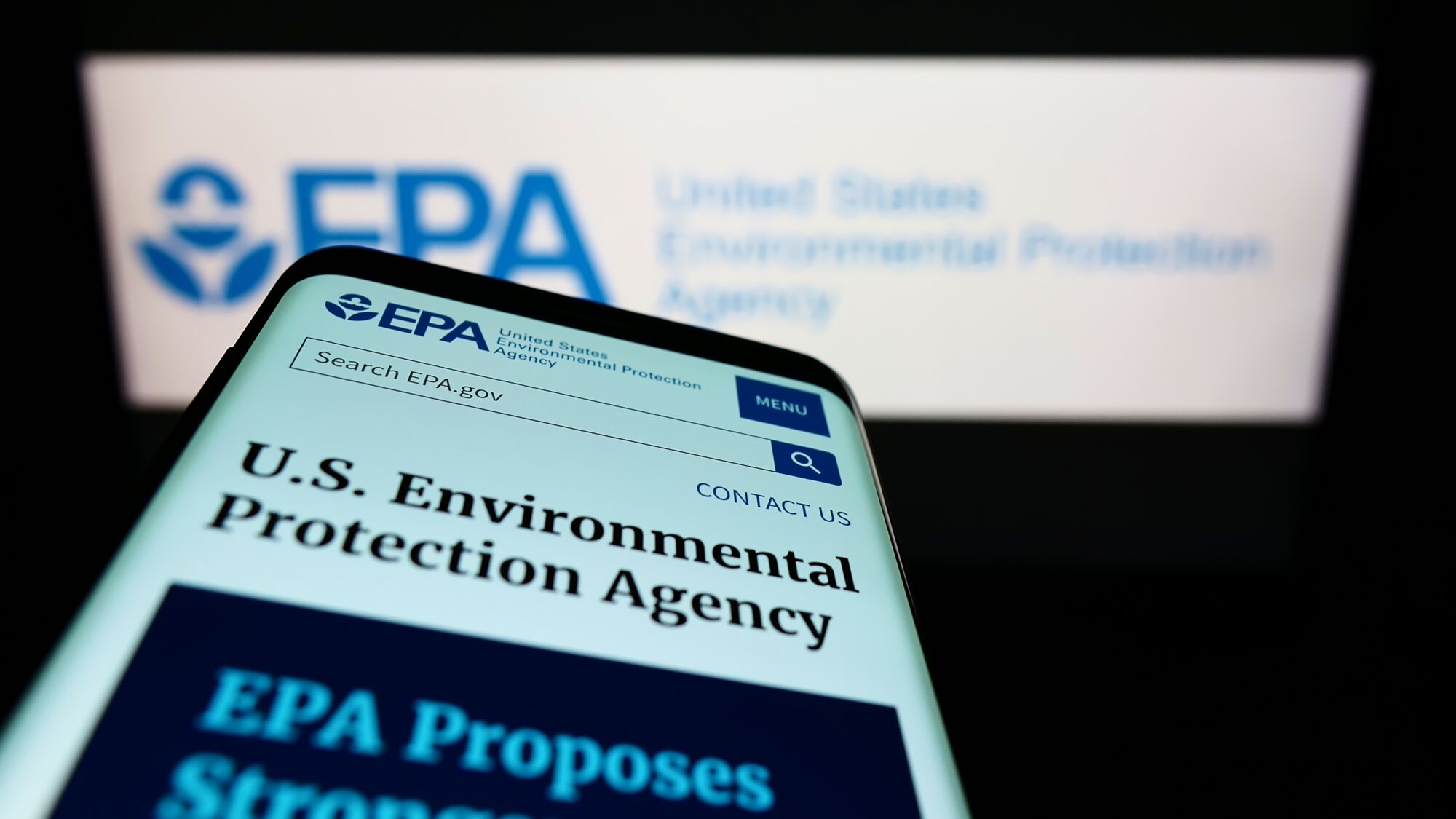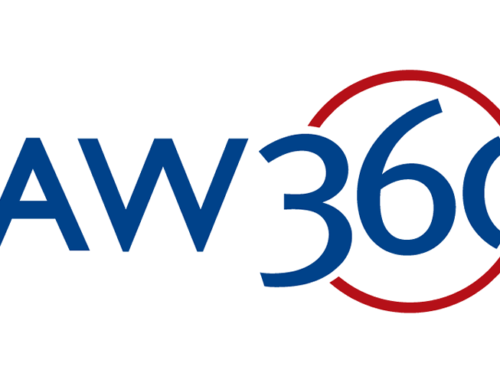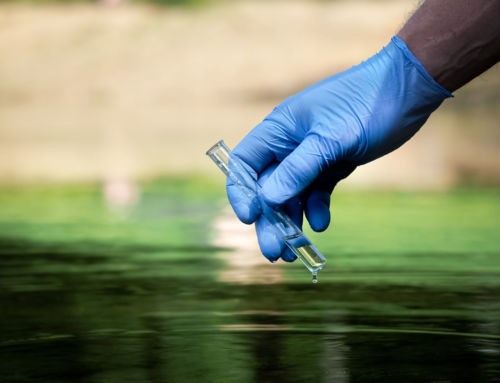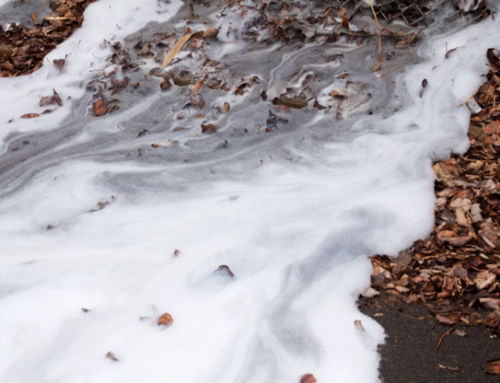
On March 14, 2023, the Environmental Protection Agency (EPA) announced the proposed National Primary Drinking Water Regulation for six PFAS including perfluorooctanoic acid (PFOA), perfluorooctane sulfonic acid (PFOS), perfluorononanoic acid (PFNA), hexafluoropropylene oxide dimer acid (commonly known as GenX), perfluorohexane sulfonic acid (PFHxS), and perfluorobutane sulfonic acid (PFBS). The proposed PFAS regulation is expected to be finalized by the end of 2023. The EPA believes the rule will prevent thousands of deaths and reduce serious PFAS-attributable illnesses.
What Are PFAS Chemicals?
Per- and polyfluoroalkyl substances (PFAS) are man-made chemicals that are used to create many nonstick, stain resistant, and waterproof products. PFAS chemicals do not easily break down and are highly water soluble, which increases the rate at which they spread contaminating groundwater, surface water, and soil. Studies have shown a link between PFAS exposure and harmful health effects in humans and animals.
What Does This Mean for Consumers?
The National Primary Drinking Water Regulation is the federal recognition of the human health risks associated with PFAS compounds. Right now, some states regulate PFAS, and some do not, and state regulatory levels vary greatly.
When finalized, the national standard will require all public water providers to test for PFAS and reduce PFAS levels to comply. This benefits consumers by ensuring that their drinking water contains the minimum level of PFAS.
What Does This Mean for Public Water Providers?
Public water providers will be required to spend taxpayer money to test for PFAS and remove these chemicals from drinking water even though the contamination was caused by private companies, like 3M, who sold PFAS knowing that they would contaminate water supplies. Baron & Budd has always believed that this financial burden should be borne by the companies that profited from the sale of PFAS and caused the contamination. Through litigation, we seek to hold these companies accountable for their actions and force them to shoulder the costs of cleaning up the water.
Contact Us
It is important for public water providers to seek the guidance of an experienced environmental attorney. The Environmental Litigation Group at Baron & Budd has recovered billions for public entity clients affected by water contamination. Contact us online for more information.



